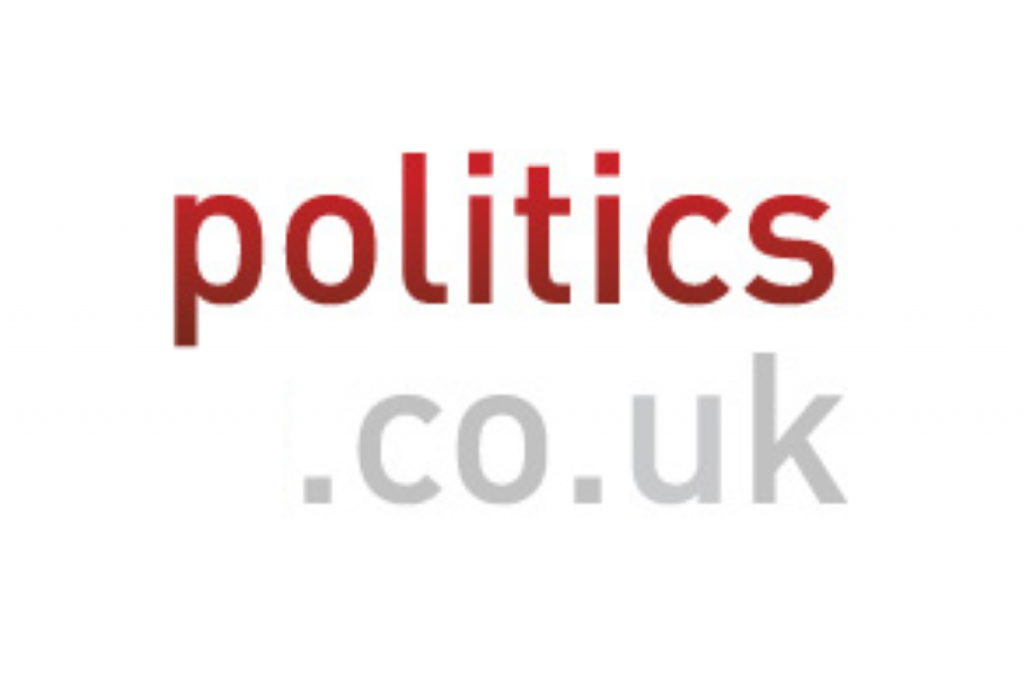More money needed for equal pay, says Unison
A lack of money is the major barrier to achieving equal pay in the public sector, according to Unison general secretary Dave Prentis.
Public sector managers are being put under pressure to trim costs but also to ensure equal pay, Mr Prentis claimed.
His comments came as he gave oral evidence to the Women and Work Commission. It was set up by the Prime Minister to examine the reasons, and solutions, behind the gender pay gap.
In the 30-plus years since the 1970 Equal Pay Act, the gap between men and women’s pay has narrowed. But, the latest official figures estimate that the full-time pay gap stands at 18 per cent, with the part-time difference significantly higher at nearly 40 per cent.


Mr Prentis said there needed to be “real commitment” from the Government to close the gap, and warned that “commitment doesn’t come cheap”.
He added: “The Government were prepared to commit additional funding to achieve equal pay in the NHS through Agenda for Change, but it is clear that money is the major block to achieving equal pay in vast areas of the public sector and it is up to the government to put the money where its mouth is.
“In local government the cost of achieving equal pay is £2 billion. Councils are expected to achieve equal pay in a climate where they are being told to make cuts in their budgets. They should not be forced into a position of choosing between equal pay and delivering essential services to the public.”











